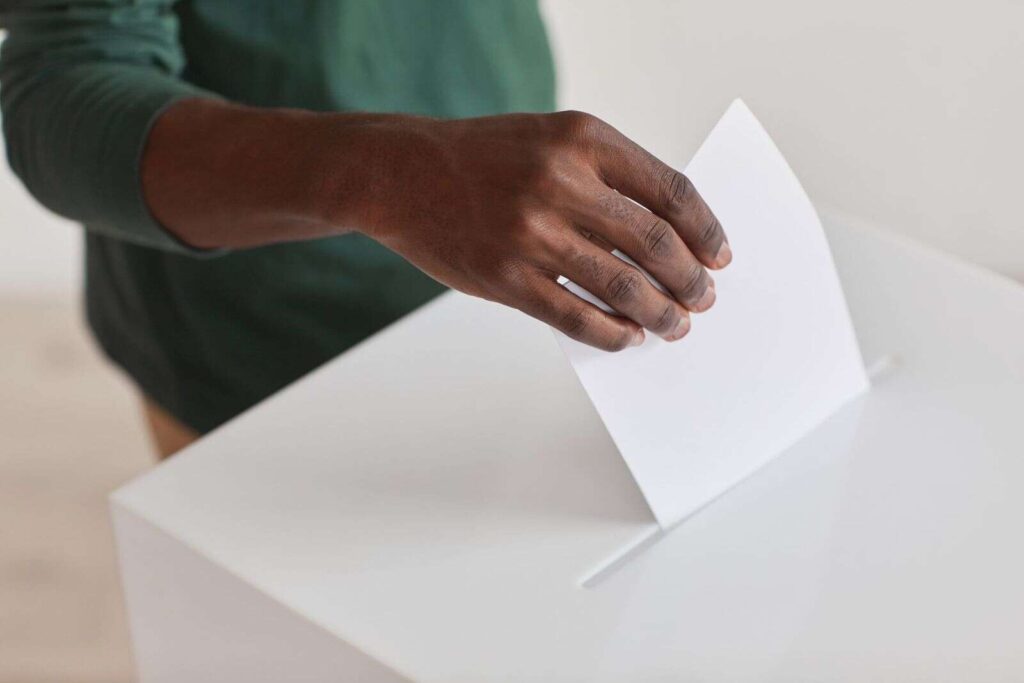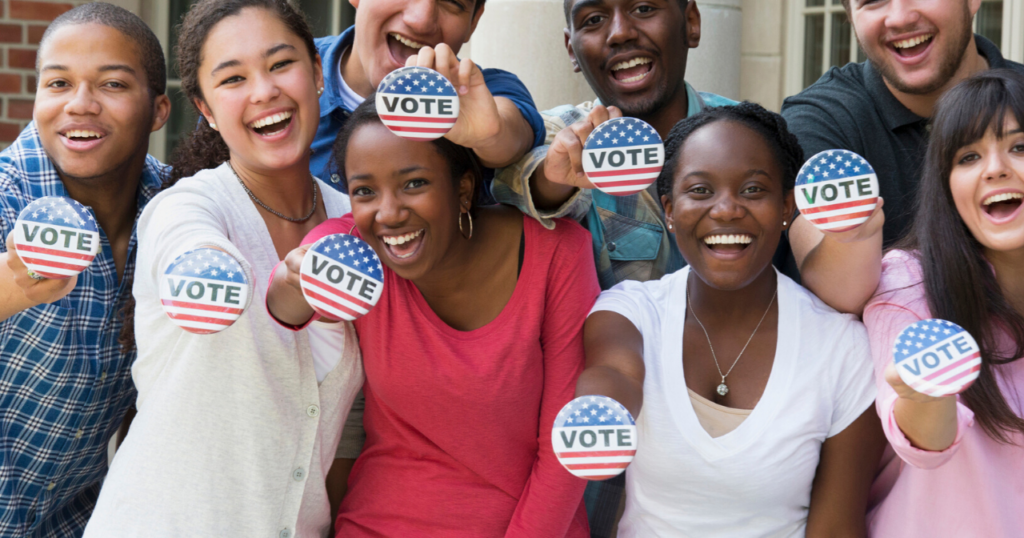Elections are a cornerstone of democracy, a system built on the principle that the voices of the people determine the direction of their society. However, the reality of achieving true representation—one that reflects the values, needs, and dreams of all communities—is complex. The active, committed participation of all citizens is necessary to bring this vision to life, especially for those who have historically been excluded, such as people of color. When we understand that every office, from school superintendent to city councilor to federal representative, wields a role in shaping our daily lives, it becomes clear: each election is not just a choice, but a pathway to build a future that works for everyone.
Participation Builds Representation That Serves All
In a representative democracy, every citizen’s voice contributes to a government that responds equitably to its people. Yet, the truth is, that when only a portion of the population votes, we see skewed policies that may benefit only specific groups. Voting is the one-way citizens actively direct policies that shape their lives, and when communities are engaged, they increase their influence in critical decisions on matters such as education, healthcare, and public safety.

Unfortunately, in the past, systemic barriers were established to block people of color from this essential right. Tactics like poll taxes, literacy tests, and voter intimidation kept Black, Indigenous, and other communities of color out of the process. Though many of these barriers have been abolished, remnants of this discrimination remain today, reinforcing the need for these communities to exercise their voting power. The act of voting, particularly for those once denied it, is a powerful form of resistance and a step toward achieving a society that genuinely values all voices.
Local Elections Shape Our Everyday Lives
While presidential and midterm elections grab the most media attention, local elections have a direct impact on our day-to-day existence. From the school board members deciding educational standards to the city council allocating resources for local infrastructure, these elections matter. School superintendents influence policies that shape educational opportunities and discipline practices, which disproportionately impact communities of color. City councilors vote on how funding is distributed to public services and infrastructure—such as public transportation, parks, and housing initiatives. State and congressional representatives create laws and policies that impact everything from healthcare access to economic opportunity.
Consider the effects of local policy on healthcare alone. Local officials can influence hospital funding, healthcare access, and partnerships with health services. These decisions affect families’ access to affordable care, mental health support, and emergency services. Infrastructure, too, is deeply shaped by local elections. Community safety, the quality of roads, and public spaces can all improve—or decline—depending on who is in office. Each of these elections presents a direct way to engage with the issues that affect your daily quality of life.
Why It’s Especially Important for People of Color to Vote
The American democratic system is still evolving toward inclusion. For communities of color, participation is about representation and rectifying a history of disenfranchisement. These communities gain a voice in the legislative process that affects their families, neighborhoods, and futures by casting their ballots. Voter turnout in communities of color influences political attention to issues like criminal justice reform, affordable housing, environmental justice, and economic opportunity—issues that often disproportionately impact these populations. This participation also pushes back against centuries of attempts to keep power concentrated away from these communities, transforming the political landscape into one that reflects a broader spectrum of experiences and needs.
Engaging and Empowering the Next Generation
Voting is an act of power, but it is also an act of legacy. For younger generations, especially those from historically marginalized backgrounds, witnessing their families, friends, and neighbors vote can instill a lasting appreciation for civic engagement. When adults in a community vote regularly, they foster a culture emphasizing engagement and advocacy. This civic participation can inspire future leaders who continue the work toward equity, justice, and representation.

The Call to Action: Your Vote, Your Voice, Our Future
The ballot is both a privilege and a responsibility, and each election—local, state, or national—is an opportunity to strengthen the promise of a representative democracy. When we vote, we contribute to a vision of a government that respects, represents, and responds to all communities. People of color and allies alike have the power to shape a society that reflects shared values of fairness and justice.
Let’s carry forward the hard-won gains of those who came before us, whose sacrifices have made it possible to have a say in our government. By showing up in every election, we are not only casting votes but declaring that we believe in the collective power of our voices. So, whether it’s for a school superintendent, a city councilor, or the president, remember that every vote counts in building a future that truly serves us all.
Also check out


Leave a Reply